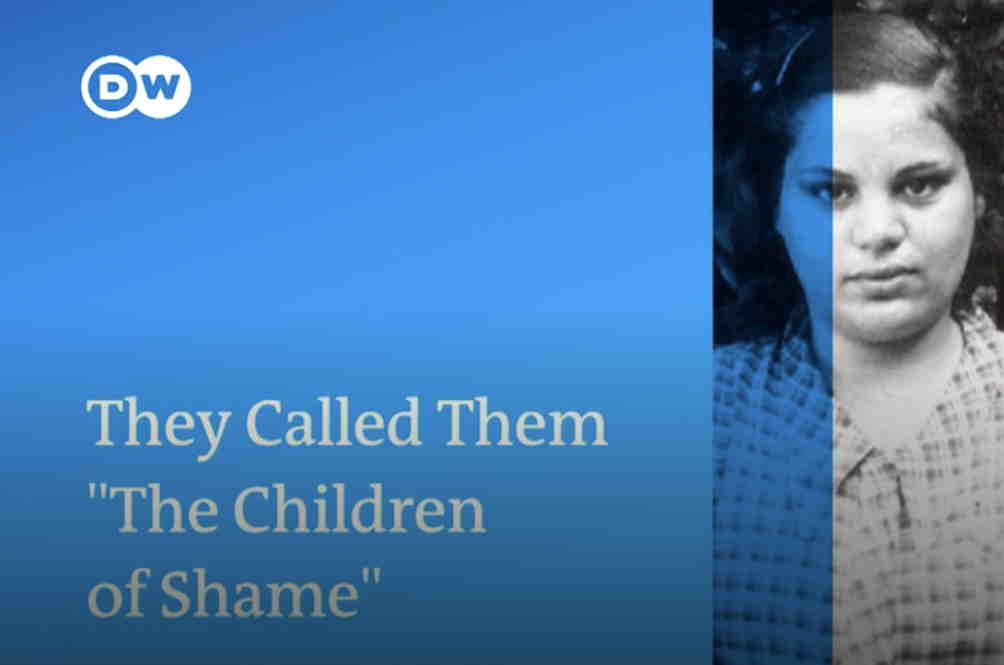Aggregated News

Josef Kaiser was 16 years old in 1937 when two Gestapo secret police picked him up and took him to the Ludwigshafen city hospital on the Rhine River. There he was sterilized against his will. His sister and hundreds of other young people suffered the same fate. Their only "flaw"? Being born of Afro-German parentage. A new DW documentary, Children of Shame, tells their story.
French colonial soldiers in the Rhineland
The heinous targeting of these children had its origins 17 years before when Allied forces occupied the Rhineland as part of the war reparations imposed on Germany under the Treaty of Versailles. Of the 100,000 soldiers sent by France in January 1920, about one-fifth were from French colonies including Senegal and Madagascar — where Josef's father was born.
After the loss of the German colonial territories, the presence of black soldiers in the Rhineland was perceived as a humiliation. With the active participation of state and civil organizations, a racist propaganda campaign was launched under the title "Die Schwarze Schmach" (the Black Shame). Via leaflets, pamphlets and articles, these colonial soldiers were portrayed...



